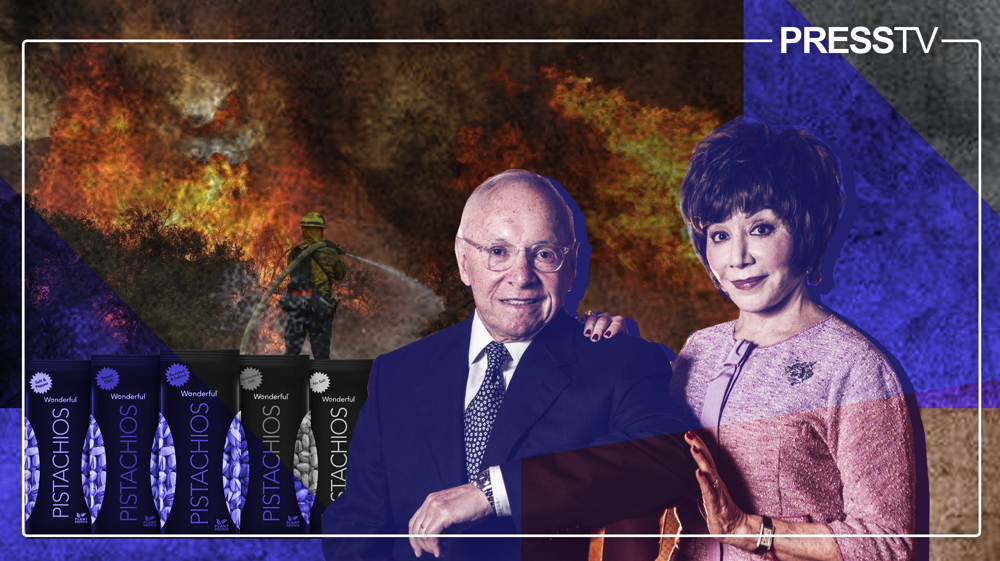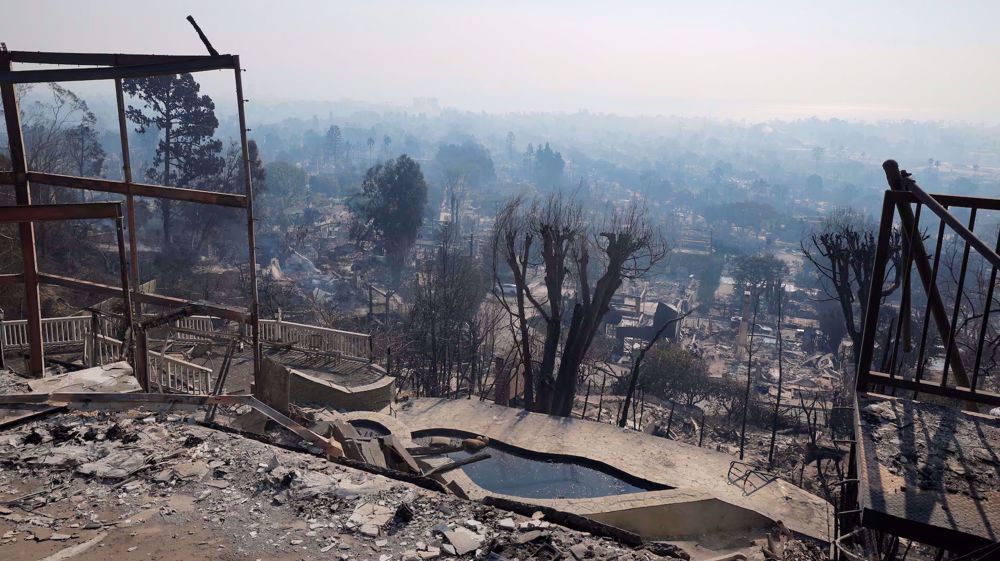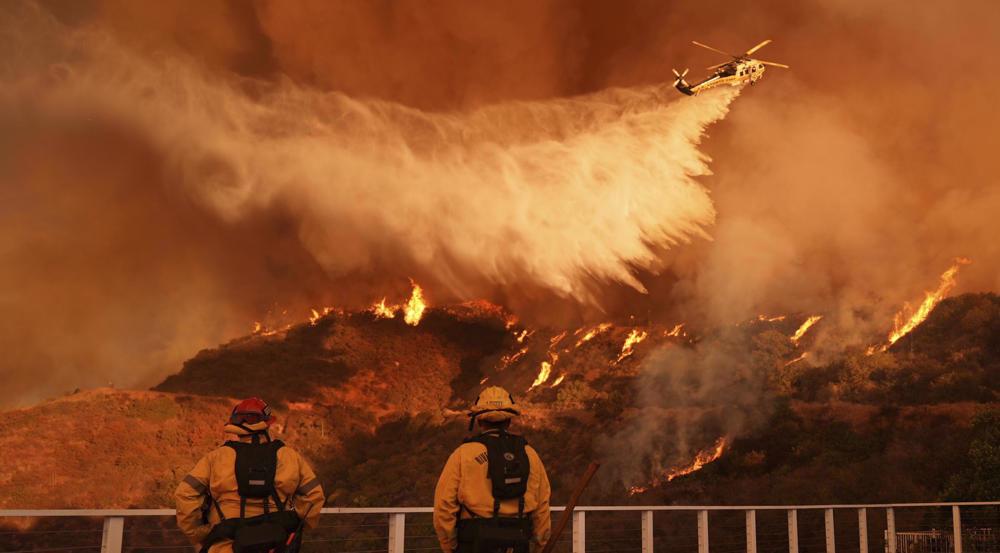France rejects US should get coronavirus vaccine first
France says equal access to any COVID-19 vaccine developed by the Paris-based multinational pharmaceutical company, Sanofi, is non-negotiable, stressing that no country, particularly the United States, should have priority because of financial motivation.
The French government's robust remarks on Thursday came just a day after the chief executive of Sanofi said vaccine doses developed by the pharmaceutical giant in the US could go to the American patients first since Washington had financially supported the research.
“A vaccine against COVID-19 should be a public good for the world. The equal access of all to the virus is non-negotiable,” French Prime Minister Edouard Philippe said on Twitter.
Following the strong stance adopted by Paris, the company retreated and clarified that the vaccine would be made available to people around the world.
Philippe noted that he had reinforced the message to the company's chairman, Serge Weinberg, who assured of the distribution in the European country of any Sanofi vaccine.
Sanofi is currently working on two vaccine projects against the contagious disease, one with British rival GlaxoSmithKline Plc that is financially supported by the Biomedical Advanced Research and Development Authority (BARDA) of the US Health Department and another with US company Translate Bio that will employ a different technology.
Separately on Thursday, French Junior Economy Minister Agnes Pannier-Runacher said that it would be “unacceptable” if one country were awarded privileged access just because of money.
The controversial comments by Sanofi's chief executive Paul Hudson even upset French President Emmanuel Macron. An unnamed Elysee Palace official told Reuters that a presidency official would meet with Sanofi representatives next week.
“Evidently, if Sanofi makes a breakthrough on a vaccine for COVID-19 and it is efficient, it will be made available to all,” said Olivier Bogillot, the head of Sanofi in France.
Coronavirus vaccine possible in about a year: EU
On Thursday, the European Medicines Agency (EMA), which approves medicines for the European Union, said that a vaccine to counter the new coronavirus could be approved in about a year in an “optimistic” scenario.
As the world rushes to develop a vaccine, the European Union, hard hit by COVID-19, fears it may not have sufficient supplies, especially if a vaccine were developed in the United States or China.
The agency, in communication with 33 developers, was doing all it could to speed up the approval process, the EMA’s head of vaccines, Marco Cavaleri, said, but he was skeptical of claims any could be ready by September.
“For vaccines, since the development has to start from scratch ... we might look from an optimistic side in a year from now, so beginning of 2021,” he told journalists.
He ruled out the possibility of skipping the third phase of a vaccine trial, which he said would be needed to be sure a vaccine was safe and effective.
The EMA is also looking at 115 different therapeutics, or treatments, for the coronavirus, which has killed nearly 300,000 deaths globally, according to World Health Organization data.
“If a vaccine is first developed outside Europe, we must do everything possible to ensure that the vaccine is actually available to all countries,” said Peter Liese, who is a prominent member of Germany’s Christian Democratic Union (CDU) party, the same as German Chancellor Angela Merkel’s.
Pandemic to cost global insurance industry $203 bn: Lloyd's
Also on Thursday, Lloyd's of London insurance market forecast that the deadly coronavirus pandemic would cost the global insurance industry about $203 billion (188 billion euros).
Lloyd's said it had examined underwriting losses and reductions in the value of investments that companies hold to fund future claim payments.
Lloyd's itself expects to pay out up to $4.3 billion on coronavirus claims, putting the cost on a similar magnitude to the September 11, 2001 terror attacks.
"The estimated 2020 underwriting losses covered by the industry as a result of COVID-19 are approximately $107 billion, on par with some of the biggest major claims years for the industry," it said after carrying out an economic study into potential losses in the non-life insurance sector.
"In addition, unlike other events, the industry will also experience falls in investment portfolios of an estimated $96 billion, bringing the total projected loss to the insurance industry to $203 billion," added Lloyd's, which insures against catastrophes such as earthquakes, shipwrecks and revolutions.
The sector-wide review looked at payout estimates, based on continuing social distancing and lockdown measures for the rest of 2020, and forecasts of plunging global economic activity.
Lloyd's of London chief executive John Neal said COVID-19 would have a "unique" impact on the sector owing to its "devastating" economic, human and social cost.
"The global insurance industry is paying out on a very wide range of policies to support businesses and people affected by COVID-19," Neal said.
He added: "What makes COVID-19 unique is the not just the devastating continuing human and social impact, but also the economic shock."
Jan. 15: ‘Axis of Resistance’ operations against Israeli occupation
VIDEO | US fires: Criticism mounts over govt. failure to respond
VIDEO | Fears, hope in Gaza amid intensified ceasefire efforts
VIDEO | Press TV's news headlines
Hamas: Ceasefire agreement result of steadfastness, resistance in Gaza over 15 months
Hamas thanks Iran, Resistance Front following achievement of ceasefire in Gaza
'Capitulation': Israeli officials and media concede Gaza defeat as truce unfolds
'Gaza has won': Social media users react to ceasefire with mix of relief, joy











 This makes it easy to access the Press TV website
This makes it easy to access the Press TV website